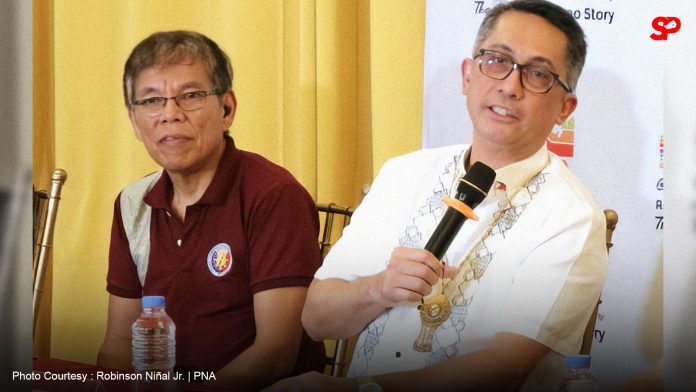By Sam Ramos
Indigenous peoples (IPs) in the Davao Region are set to benefit from carbon credits through the Payment for Ecosystem Services (PES), which allows them to earn by preserving and reforesting their ancestral lands. This was highlighted by Geroncio Aguio, Regional Director of the National Commission on Indigenous Peoples (NCIP-11), during a press briefing on Wednesday.
Aguio explained that carbon credits, part of PES, create a market for companies and governments to purchase greenhouse gas (GHG) emission reductions. In turn, IPs who contribute to ecological balance through activities like planting high-value crops are compensated for their efforts.
“We see companies contracting some IPs in Davao Oriental to help restore and manage ecology,” Aguio shared. However, he also pointed out the lack of a regulatory agency to oversee carbon credits in the Philippines.
Mindanao Development Authority (MinDA) Secretary Leo Tereso Magno reaffirmed the government’s commitment to establishing a stable carbon credit system. He also noted the Philippines’ strong potential to tap into the growing global carbon market, an opportunity emphasized by the global interest in carbon credits.
Progress has been made in establishing the necessary legal and institutional frameworks, including the DENR’s 2021 Administrative Order 43 for carbon accounting and the filing of the Low Carbon Economy Bill in 2023, aimed at supporting carbon credit trading.
Magno underscored that the government’s efforts are in line with President Ferdinand R. Marcos Jr.’s vision for a sustainable and prosperous future.

